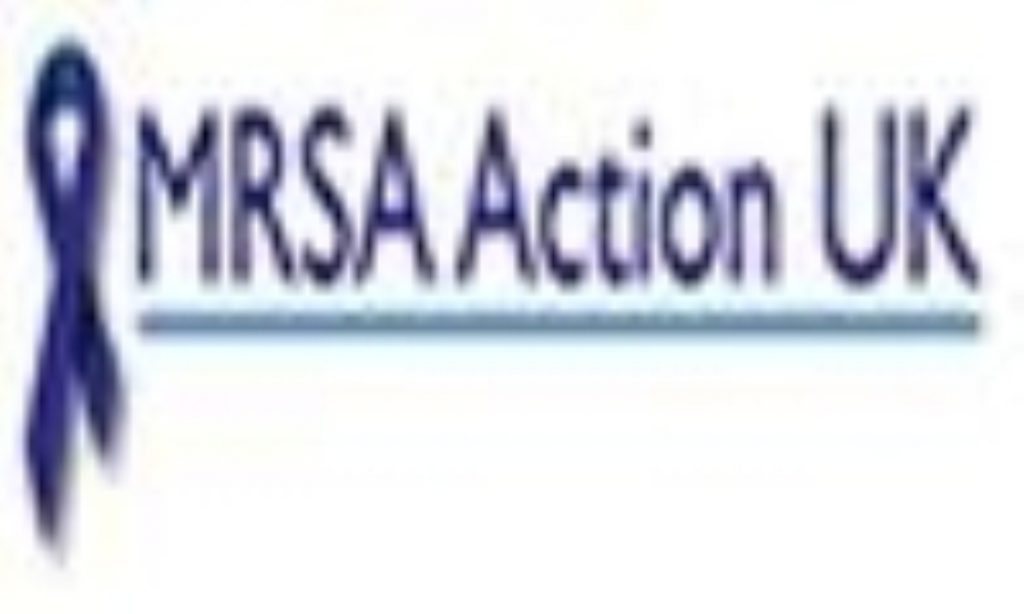MRSA Action UK: Great work still to be done to stop MRSA and C.diff creeping up again
MRSA Action UK is dismayed with the reported rise in MRSA bacteraemias over the last quarter. There has been sterling work performed by many staff in the NHS to reduce the incidence of deadly bacteria in our hospitals over the last 5 years, but the figures show that some parts of the NHS aren’t improving quickly enough and we can do more to learn from the best.
We have consistently highlighted regional variations, and differences between Hospital Trusts, with some making the lion’s share of the reductions and others actually showing an increase where you would expect the numbers of people acquiring infections to fall.
The latest Health Protection Agency figures show that a significant proportion of Trusts have not achieved John Reid’s 2004 target, to halve the number of people who will get an MRSA bacteraemia by March 2008.
Eight Hospital Trusts have higher rates of MRSA bacteraemias than in 2004 (5%); seven Hospital Trusts have the same number of MRSA bacteraemias compared to 2004 (5%), and thirty-four Hospital Trusts have yet to halve the numbers of people with an MRSA bacteraemia (18%).
Further analysis shows:
Twenty-two Hospital Trusts have more people with MRSA bacteraemias compared to last year (13%). Ten Hospital Trusts have made no reductions in the numbers of people affected since last year (6%), and twenty-three Hospital Trusts have made only modest reductions in the numbers of people affected (13.5%).
Analysis of the quarterly figures show that sixty-three Hospital Trusts have higher MRSA bacteraemias this quarter compared to the last quarter of 2008 (37% of Trusts).
One hospital now accounts for just over 18% of all MRSA bacteraemias and has been unable to significantly reduce the numbers of people contracting this infection. It has recorded over 100 MRSA bacteraemias every quarter since 2004. Another hospital accounts for almost 10% of all MRSA bacteraemias each year.
Our concern is we will see MRSA bacteraemias reach a plateau. Hand hygiene and deep cleans alone are not going to reduce these infections much further especially with only a 65 – 70% compliance rate. The reality from the latest figures show we have an enormous amount of work to do before we can say the battle is won.
Reducing infections by 50% seemed easy compared to what lies ahead. What hope is there if almost one fifth of our hospitals have yet to hit the original target to reduce MRSA infections, and that 10% of our hospitals have yet to see a reduction?
The Saving Lives programme has very specific interventions that enable NHS Trusts to meet the requirements of the Hygiene Code. However not all Trusts are using them effectively and Strategic Health Authorities need to ensure that investment is put into the fabric of buildings so that adequate hand washing facilities, toilets and isolation facilities are available, and all the best technologies used to protect patients.
Clostridium difficile continues to cause distress to patients and their families, and it is encouraging to see the reductions, however, as with MRSA, there are regional variations. One of the most effective interventions to prevent the spread of Clostridium difficile is to isolate the patient as soon as symptoms appear. There is a direct correlation between the provision of isolation facilities in the regions that have made the most improvement since last year, a requirement of the Hygiene Code.
East of England shows the largest reduction in Clostridium difficile at 49%; West Midlands a 42% reduction; London reducing by 40%; the South West by 37%; the South East 34%; East Midlands 33%; the North West by 30%; Yorkshire & the Humber reducing by 21%; and the North East reducing by 20%.
Those charged with making our hospitals safer should view this with caution and the regulator should ensure that every Hospital Trust has the right policies, procedures, facilities and people in place to drive down infections, from our analysis in some areas this is simply not the case.
Derek Butler
Chair
MRSA Action UK
07762 741114





-01.png)